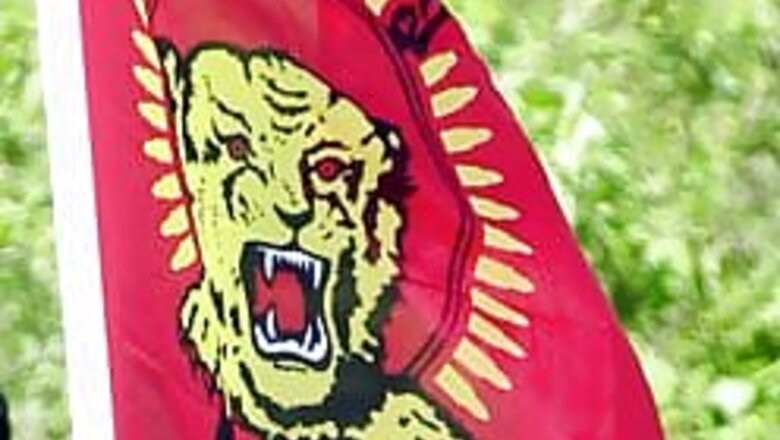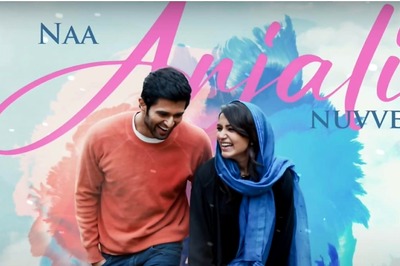
views
Geneva: Sri Lankan government officials and Tamil Tiger rebels meet in Geneva on Saturday for the first time in eight months, although little progress was expected from the talks amid ongoing violence on the South Asian island.
While a ceasefire remains officially in place, up to 1,000 people have been killed in army offensives and rebel attacks since decades-old hostilities flared up again in July in the country of 20 million people. Pressure has been building on the government and the Liberation Tigers of Tamil Eelam, also known as the LTTE, to resume peace negotiations, but few expect a major breakthrough.
Merely an agreement to more talks after the two-day meetings would be considered a success, but some say even that may be difficult given recent hostilities, and major disagreements between the two sides on what ought to be discussed.
"It is a very uncertain climate that they are going to be negotiating in," said Jehan Perera, head of the National Peace Council, an independent think tank in Sri Lanka. Representatives of both sides are expected to gather at 0630 GMT at a conference centre near the UN's European headquarters in Geneva.
Norway will facilitate the talks, the first face-to-face meeting between the two sides since February, with Switzerland acting as host. More than 65,000 people have died in intermittent ethnic conflict in Sri Lanka since 1983.
The latest burst of violence, which has uprooted thousands of people from their homes, is considered the worst since the 2002 truce was agreed. ROAD ISSUE The Tigers are fighting for an independent homeland for minority Tamils in the country's north and east, where many complain of discrimination by the majority Sinhalese political class.
Colombo has said it is willing to cede some autonomy but has ruled out outright independence. On Friday, the Tigers threatened to cut off future peace talks if the government does not agree in Geneva to open the main highway to the Tamil-dominated Jaffna peninsula, whose closure in August has caused hardship for many residents.
Keheliya Rambukwella, a government defence spokesman and minister, dismissed the attempt to link the highway issue with future talks as a "bargaining ploy," saying it was necessary to close the road because of rebel and artillery fire.
Supplies are being sent to the Jaffna region by ship and aircraft but local residents, Tamil politicians and civil society groups have reported widespread food and fuel shortages. Government negotiator Palitha Kohona said on Friday Colombo wanted to discuss holding elections, development issues, and concerns over child soldiers, while a spokesman for the Tigers outlined a different agenda.
"Our side says we are going to discuss the humanitarian issues. The government says the political issues. So far no agenda," rebel media coordinator Daya Master said by telephone from northern Sri Lanka. "Let's wait and see."




















Comments
0 comment